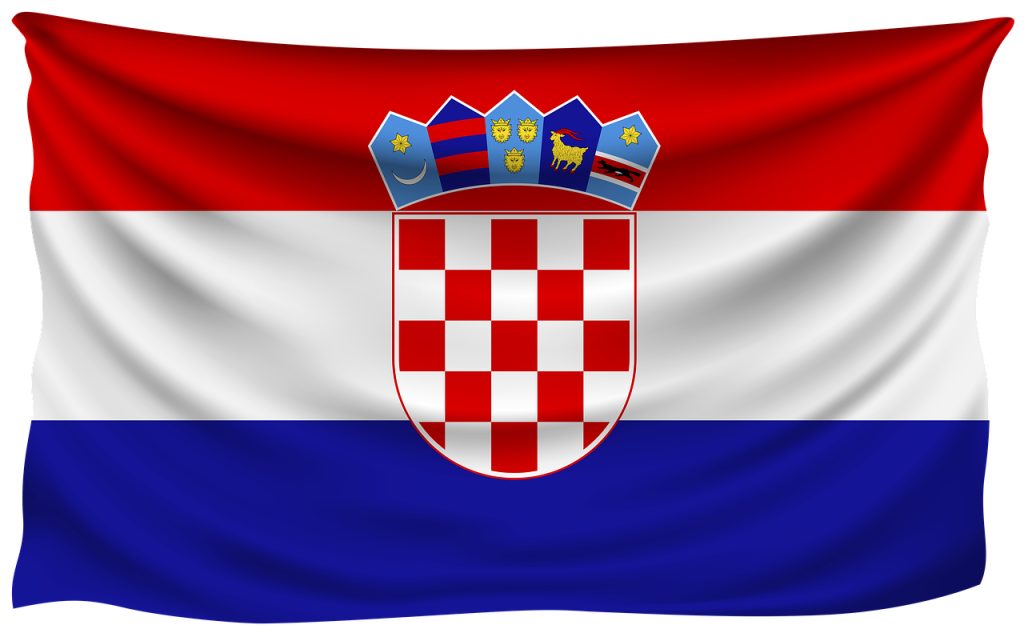CPI shows the level of public sector transparency on a scale from 0 to 100.
Countries whose CPI is below 50 are considered corrupt and those with a CPI of more than 51 non-corrupt.
This year, just as in 2021 and 2020, Croatia is ranked 63rd with a score of 47, which places it in the company of Malaysia, Cuba and Montenegro, which have the same score.
A large majority of countries, 131, in 2021 stagnated in the fight against corruption as well. Twenty-five improved their score while the scores of 23 countries worsened.
In 2015 Croatia had a score of 51, and it has been falling since. Of the EU member countries, only Hungary, Romania and Bulgaria have a lower score than Croatia.
Since corruption remains mostly outside the public eye, it is difficult to measure, so CPI monitors the perception of public sector corruption among experts and representatives of the business community. It uses 13 independent sources of data, including those of the World Bank and the World Economic Forum.
More than two-thirds of countries have a score of below 50, the average score being 43.
The TI ranking is topped by Denmark, Finland and New Zealand, with a score of 88, followed by Norway (85), Singapore (85), Sweden (85), the Netherlands (82), Luxembourg (81) and Germany (80).
At the bottom of the ranking are South Sudan with a score of 11, Syria and Somalia are slightly better, with a score of 13, Venezuela has a score of 14 and Yemen, North Korea and Afghanistan have a score of 16.
In its report TI singles out Slovenia for falling to a historically low score of 57, which is nevertheless still much higher than Croatia’s.
TI cites pressure on independent monitoring bodies, threats to freedom of assembly and attacks on public media as reasons for Slovenia’s score having dropped by three points.
Bosnia and Herzegovina has a score of 35, which puts it in 110th place while Serbia has a score of 38, which places it 96th.










